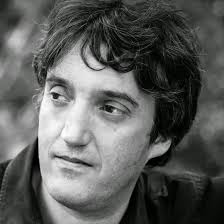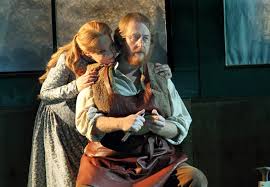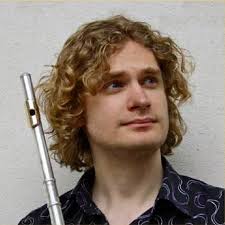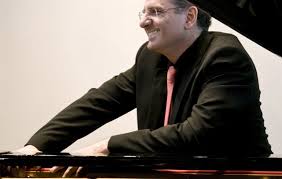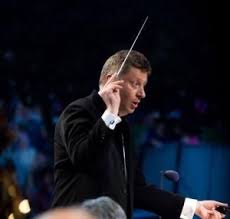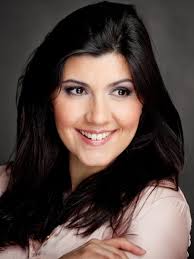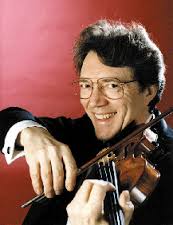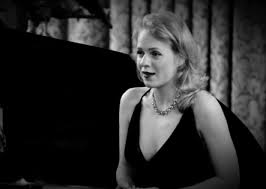The Dome, Brighton, Sunday 8 February 2015
On paper this appeared to be a very pleasant classical Sunday matinee. A sandwich of symphonies with a piano concerto in between should have worked well but the actual choice of works proved more problematic. Unless the listener has a very keen ear for orchestration the three works could easily have flowed into one continuous stream of easy listening.
The afternoon opened with Haydn’s Symphony No83 La Poule. Thomas Carroll brought a lightness of touch with clipped rhythms in the first movement and a gently melancholic feel to the Andante. Anthony Hewitt was a very relaxed soloist for Mozart’s Piano Concerto No27 with its familiar final movement. The Steinway piano seemed rather too hard in the opening movement but the soloist eased into his playing and the finale was delightfully wistful and delicate.
Schubert’s Fifth Symphony may have been written over twenty years later but looks back to Mozart far more than to the innovations of Beethoven. Only the occasional challenge within the Andante helped us to realise when it was actually composed.
Over the afternoon the wind had very little to do apart from strengthen the tutti passages, except for a few fine phrases in the Schubert. As a result the matinee slipped past without any really arresting moments and was noteworthy – certainly from where I was sitting – for rather more gentle snoring than is usual. Possibly the most exciting moment was the highly professional dispatch of the piano during the interval.
If we had heard Haydn’s Surprise Symphony rather than La Poule we might have been more attentive to the fine playing that was in evidence.

